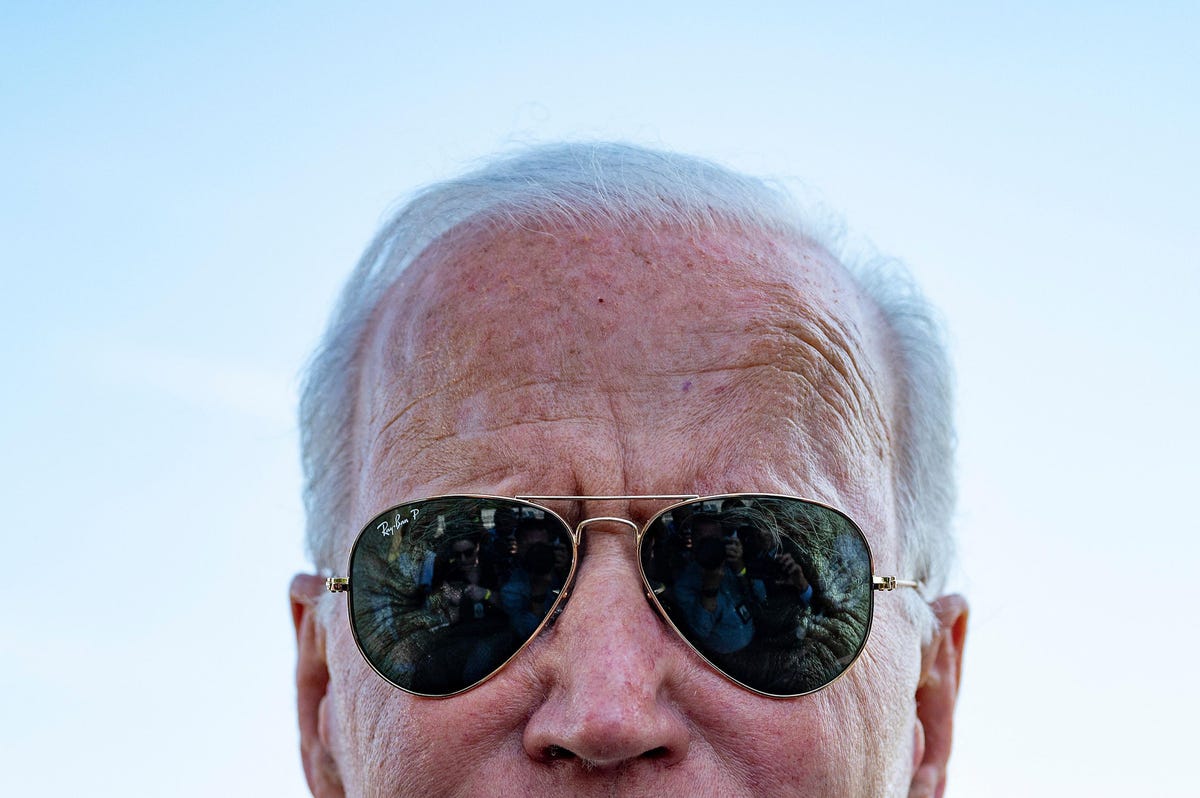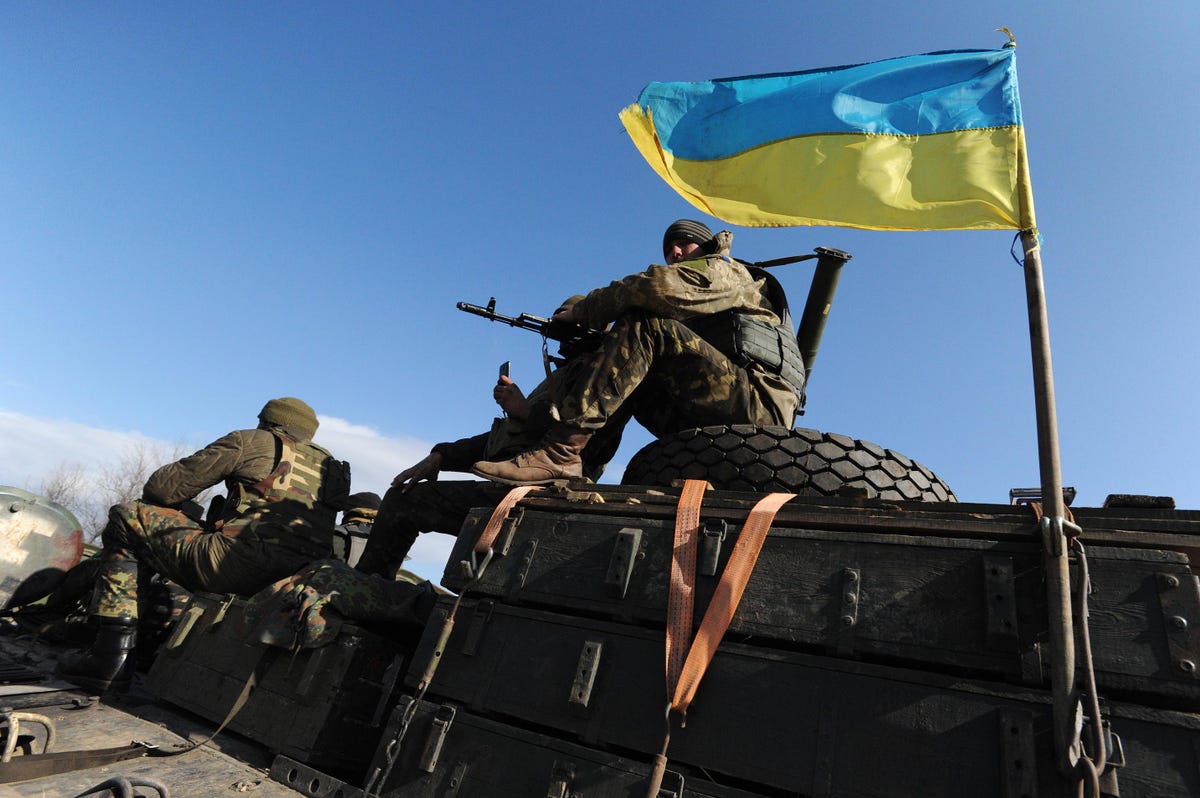Mariana Vishegirskaya stands exterior a maternity hospital that was broken by shelling in Mariupol, … [+] Ukraine, March 9, 2022. Vishegirskaya survived the shelling and later gave beginning to a woman in one other hospital in Mariupol.
Fb and Twitter took down posts from virtually 20 Russian embassies the world over this week, efforts to cease a Kremlin disinformation campaign about an Ukraine hospital.
The embassies had used the social media websites to submit movies, textual content and images claiming it hadn’t attacked the power, which was struck by Russian forces final week, killing not less than two adults and a baby. Amongst different claims, the faked content material questioned the authenticity round an image of a dying lady carried on a stretcher, a photograph that has quickly change into one of the war’s most iconic images. This disinformation was initially noticed by FakeReporter, an Israeli research group.
An onslaught of deceptive or inaccurate data has flooded onto social media throughout Russia’s invasion into Ukraine, not less than a few of it distributed by Russian authorities—usually straight by means of official accounts. The social media websites have struggled to know what to do with authorities accounts, often concluding the newsworthiness of these tweets outweigh any potential hurt.
Typically, they’re no extra regulated than one other consumer’s account, however the Ukraine warfare has reignited questions on whether or not a authorities account must be held to a better customary, much like the talk across the platforms’ choice to ban or droop President Trump in 2021. Each Fb and Twitter have already restricted the attain of Russian state-affiliated media shops, lowering the circulation of their tales.
“We’re centered on holding folks secure, remediating abuse, and elevating dependable data,” a Twitter spokesperson says. Fb couldn’t be attain to remark.
The embassy posts weren’t taken down abruptly, additional reflecting the challenges the platforms face when contending with an expansive marketing campaign. Virtually instantly after the March 9 hospital assault in Mariupol, Twitter and Fb removed posts from the Russian embassy in Britain concerning the hospital shelling. However it might take a number of extra days for them to comprehend Russian embassies in Denmark, Greece, Japan and different international locations had put out practically similar content material.
The embassies additionally shared the identical content material on Telegram, together with by means of the channel run by Russia’s Ministry of International Affairs. And whereas it could be gone from Fb and Twitter for now, Telegram has to date taken no steps to fight it.






